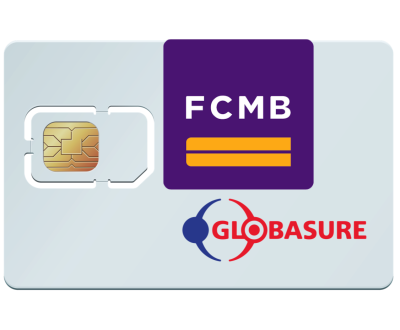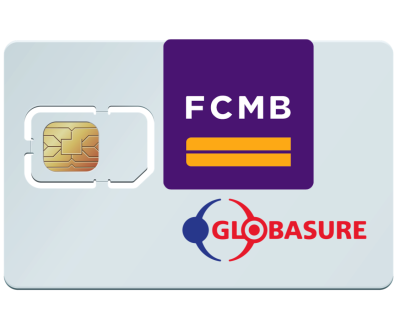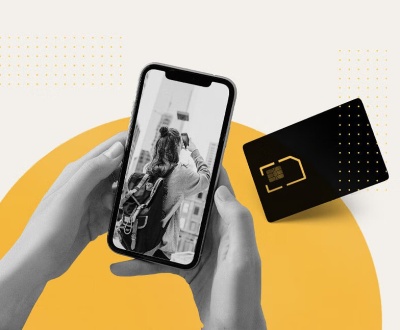Cashless Policy in Nigeria – To be or Not to be.
- September 10, 2013
- cashless, Programmes, Technical Isues
It was on early Saturday morning, I boarded a bus from Lagos to Owerri, Eastern-part of Nigeria. Close to Benin the Capital of Edo State our Bus broke-down and we all had to find alternative means to our various destinations.
Unfortunately for me I had no money to board another bus, however with my ATM card, I felt relief hoping to get money from the ATM operated by one of the bank adjacent to the spot I was standing.
Alas, we were all disappointed as all the three ATM machine, failed to dispensed cash, rather we were all debited with no physical cash received. with no money to board another vehicle, we all waited by the roadside until five-hours later when the driver managed to get the bus repaired.
As we continue on our journey, The question people kept asking on the bus was ” Is this how we can emerge as a Cashless Society or Achieve the Cashless Nigeria” we hoped for.
Recall that the Central Bank of Nigeria, in January 2012, introduced the cashless policy with a pilot phase in Lagos, themed ‘Cashless Lagos’. It has since been extended to five more states,(Anambra, Ogun, Abia, Rivers and Kano) and Abuja in June, 2013. The regulatory body has emphasised that the cashless drive is not aimed at the eradication or replacement of cash but rather, a drive to provide safer and efficient alternatives of payment for “bank customers”.
The new cashless policy was introduced for a number of key reasons, including:
-
To drive development and modernization of our payment system in line with Nigeria’s vision 2020 goal of being amongst the top 20 economies by the year 2020. An efficient and modern payment system is positively correlated with economic development, and is a key enabler for economic growth.
-
To reduce the cost of banking services (including cost of credit) and drive financial inclusion by providing more efficient transaction options and greater reach.
-
To improve the effectiveness of monetary policy in managing inflation and driving economic growth.
Expected Benefits Of The New Cashless Policy:
A variety of benefits are expected to be derived by various stakeholders from an increased utilization of e-payment systems. These include:
-
For Consumers: Increased convenience; more service options; reduced risk of cash-related crimes; cheaper access to (out-of-branch) banking services and access to credit.
-
For Corporations: Faster access to capital; reduced revenue leakage; and reduced cash handling costs.
-
For Government:Increased tax collections; greater financial inclusion; increased economic development. Increased tax collections; greater financial inclusion; increased economic development.
Challenges of the Policy:
However, Nigeria’s cashless policy faces several challenges including poor network connectivity and debiting customers’ account twice, high transaction charges, PoS machine malfunctions and other technical issues.These challenges have discouraged customers and resulted in a slow adoption of the cashless policy, Poor acceptance of cards by sellers and lack of awareness about cashless systems are the reasons behind the low penetration.
I shall deeply discuss more of these challenges on my next edition, by which we shall ascertain either the Nigeria’s Cashless policy is to be or not to be.
Watch out for the next edition.
Globasure is a provider of simple, smart payment solutions.
More from our blog
See all postsRecent Posts
All Website Tags
Leave a Comment cancel
This site uses Akismet to reduce spam. Learn how your comment data is processed.








 WhatsApp us
WhatsApp us